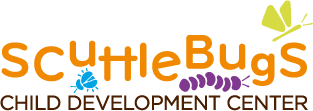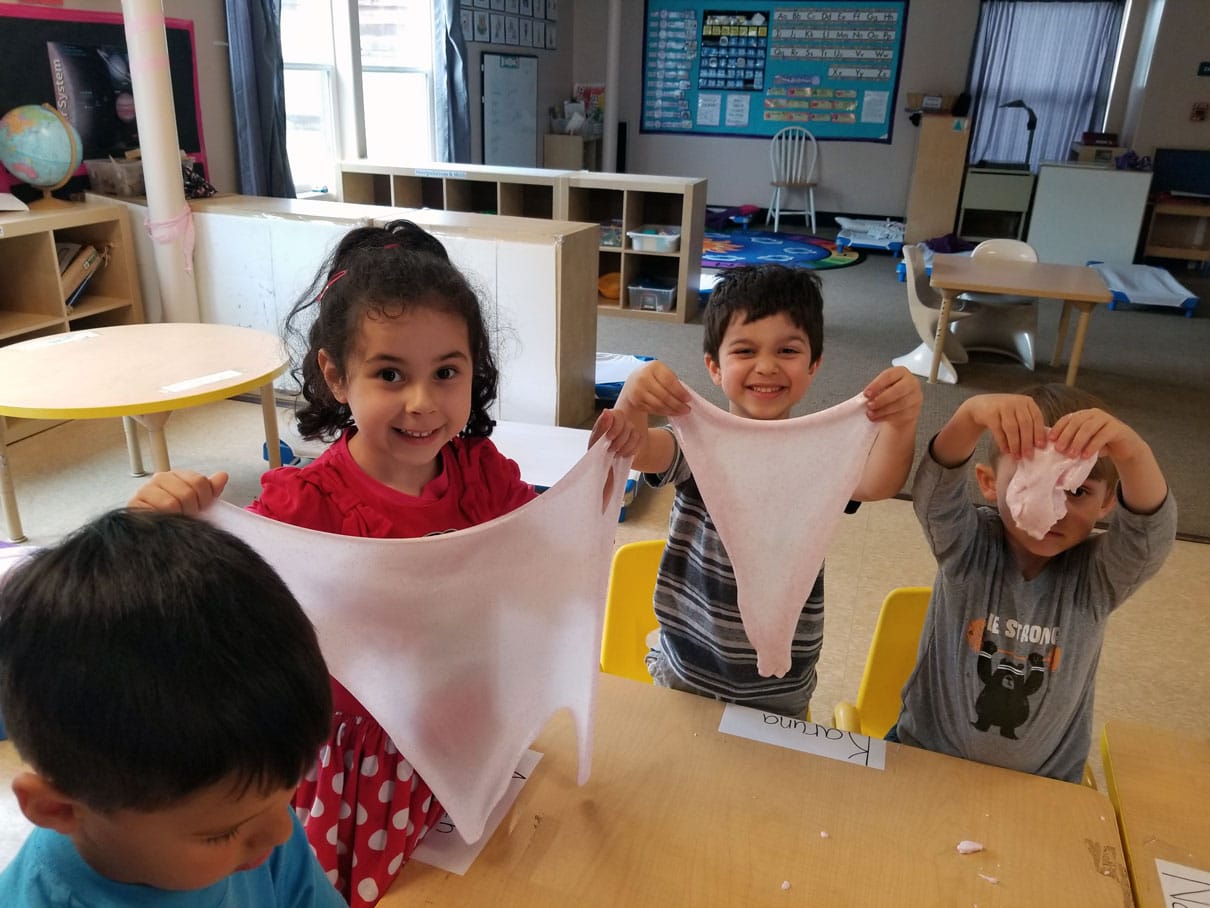
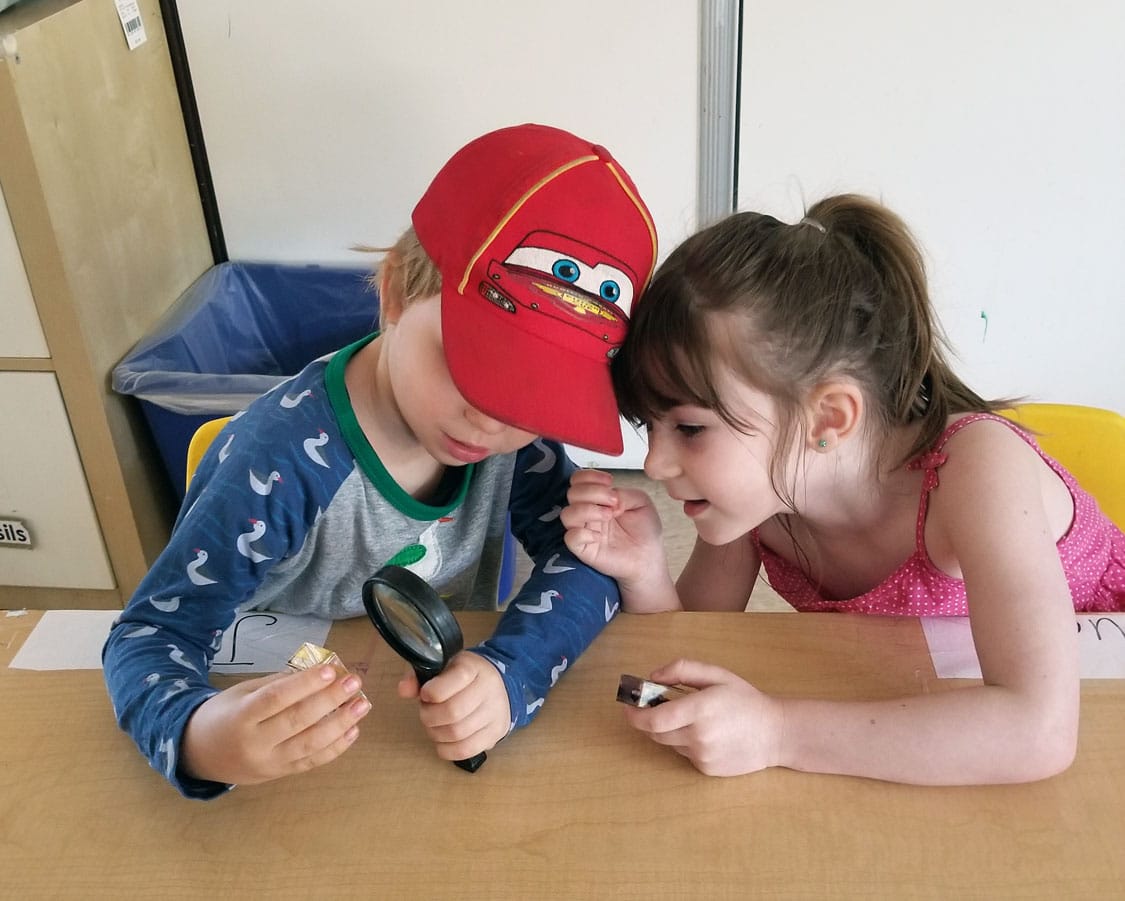
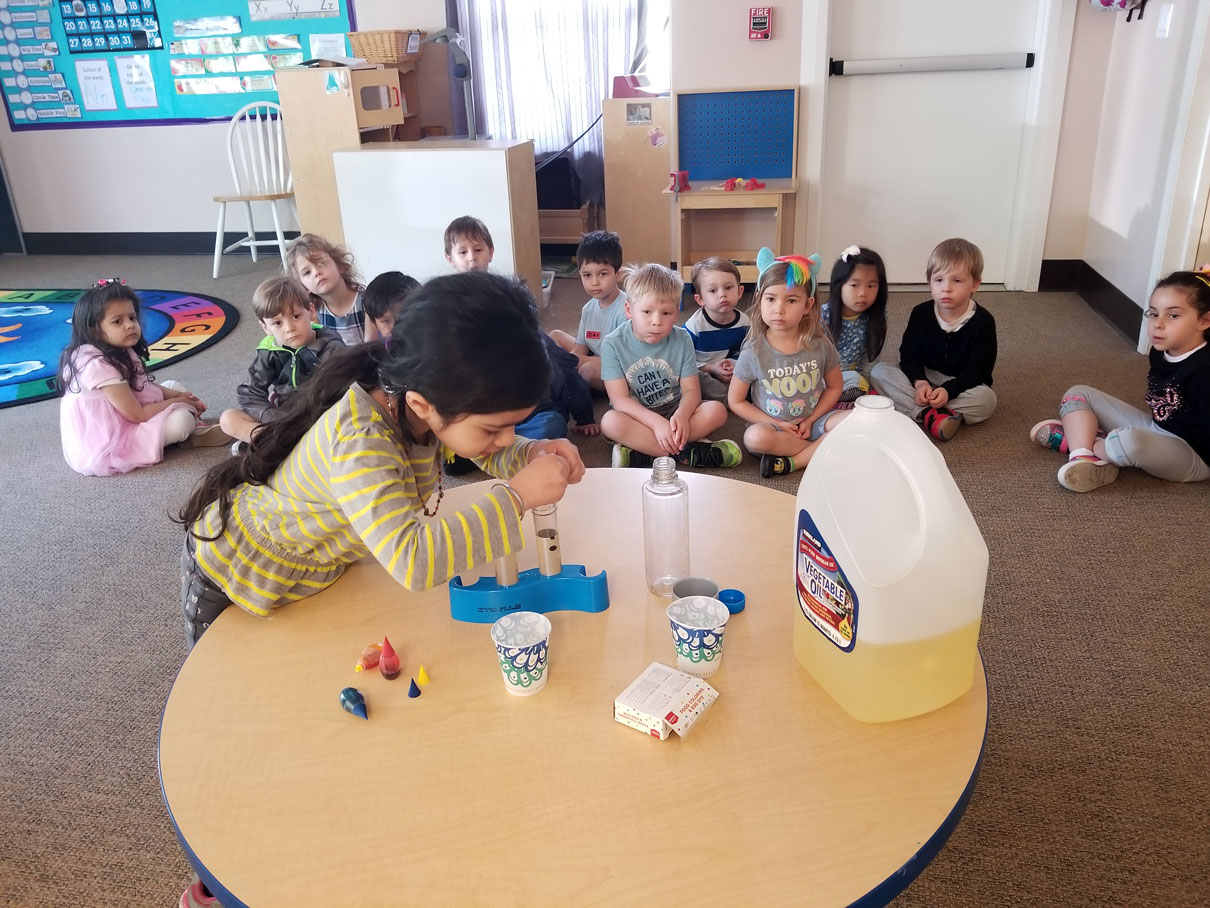
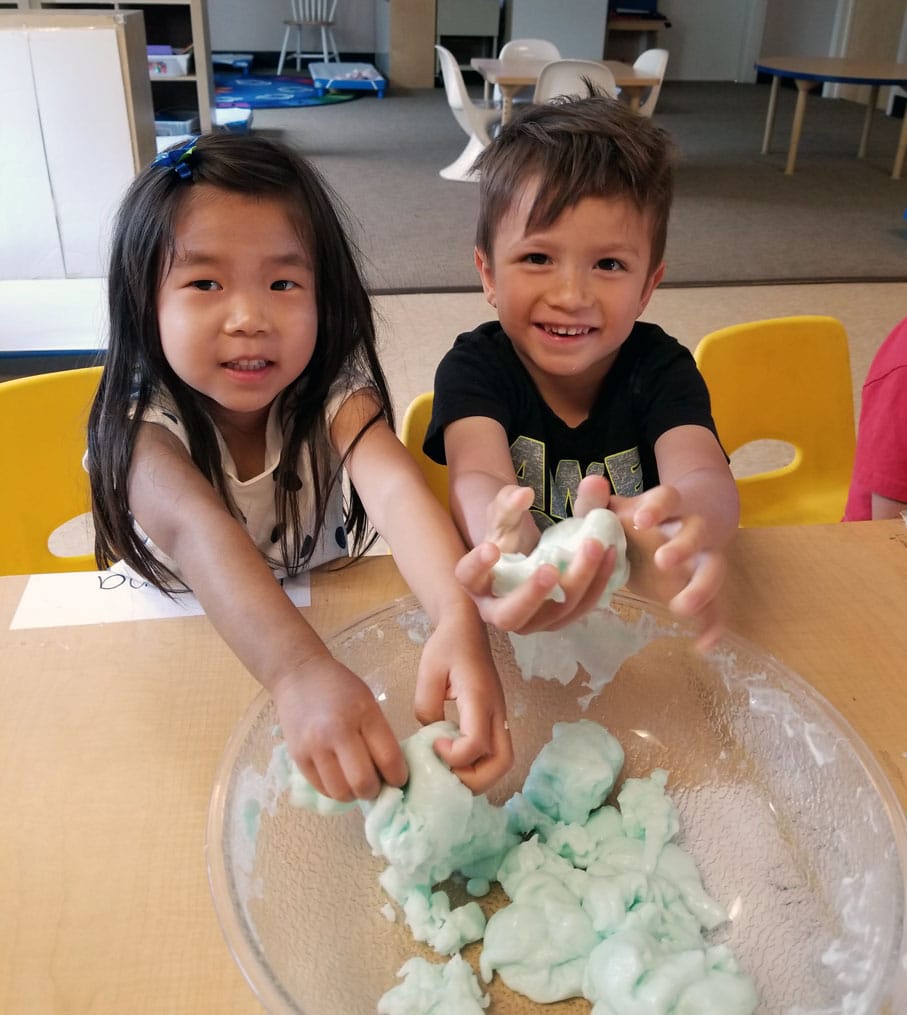
Children naturally have a huge interest in science because it sparks curiosity, creativity and imagination. Not once have I ever had to persuade or force a child to participate in any of our group science projects. The moment I ask the class to sit at their seats for science time I hear excited voices and see happy faces. In our Pre-K classroom we do at least one group science project each week and through these science experiments they’ve added some impressive words to their vocabulary.
The most recent words this month are “expanding”, “reacting” and “dissolved”. Their facial expressions are priceless when they see the baking soda reacting with the vinegar. Or when the borax begins to react with the glue...It's, well, as 4 year old Sara describes it..."magical!"
